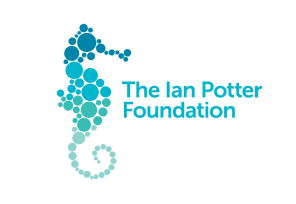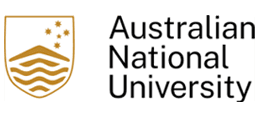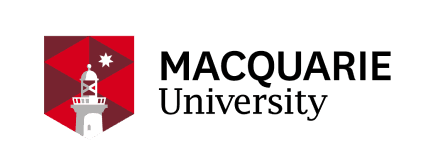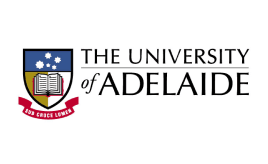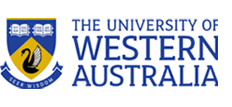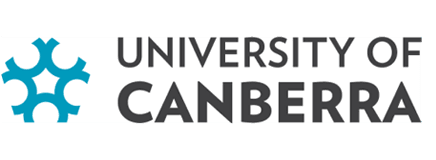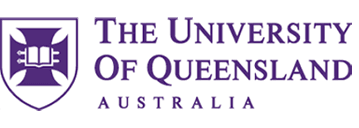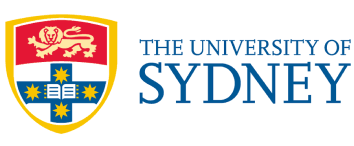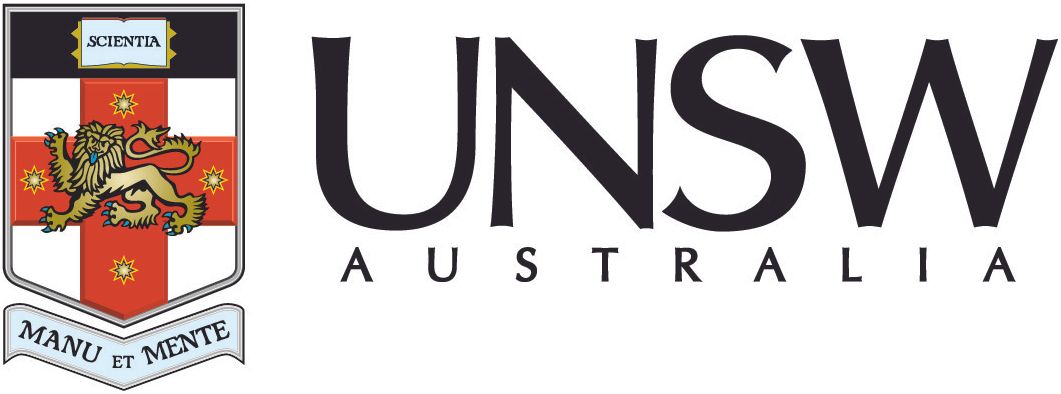Biodiversity Council opposes Lee Point development
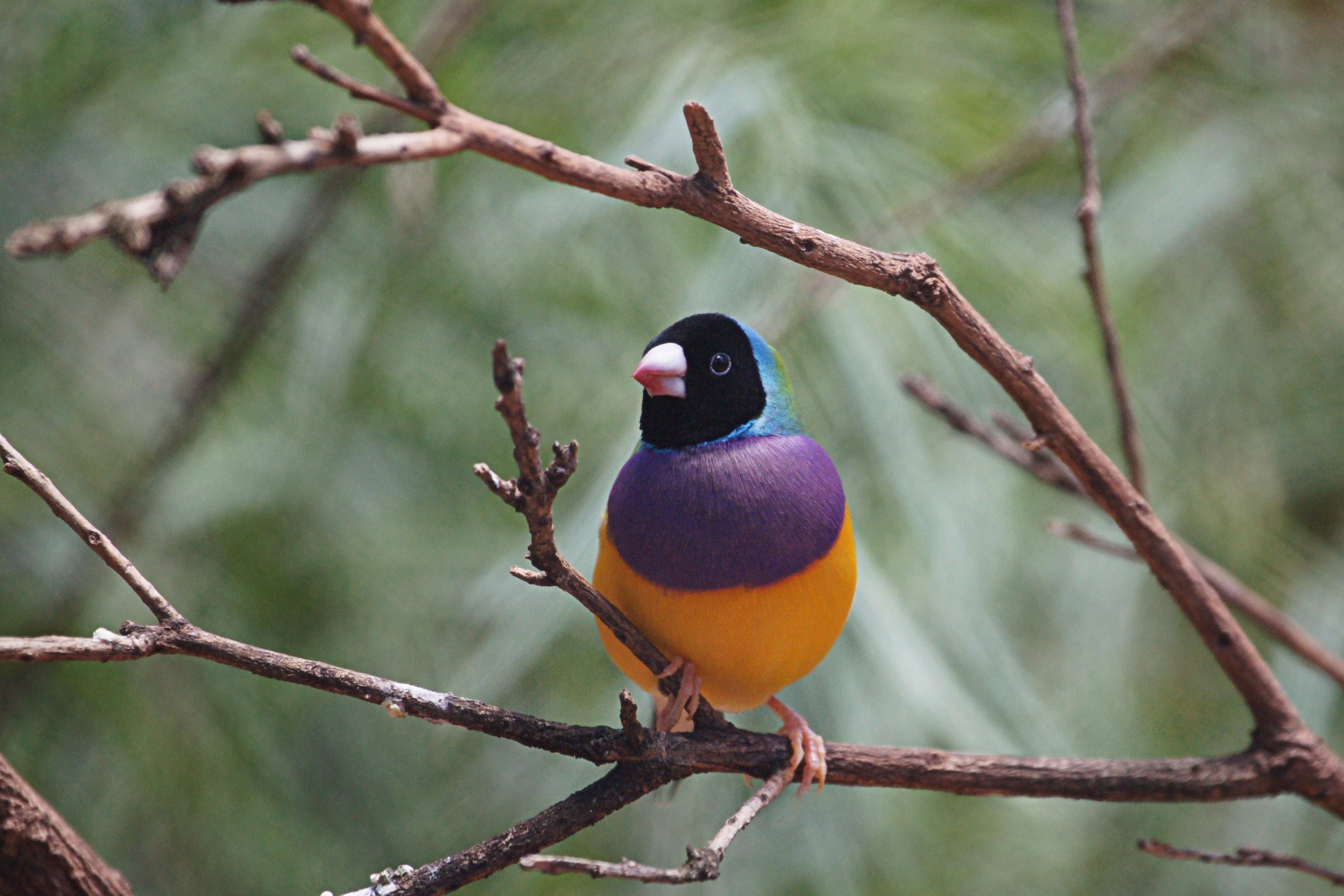
Media Release
21 July 2023
We condemn the development of a Defence Housing Project at Lee Point north of Darwin, at a site of very high ecological and cultural value.
The Biodiversity Council are calling for the Australian Government and Northern Territory Government to immediately halt the development.
It comes as more than 300 scientists and environmental experts have signed a petition calling for an immediate halt to the Defence Housing development at Binybara/Lee Point.
We urge governments to undertake more rigorous consultation with the community, Traditional Owners and threatened species experts to find a more sustainable housing solution.
The proposed development at Binybara will clear 132.5 hectares of high-quality tropical savanna habitat containing centuries old trees and threatened species like the Gouldian finch, black-footed tree-rat and northern brush-tailed possum.
The adjoining beaches and mudflats are important habitat for migratory shorebirds that travel to Australia from as far as Siberia, including 5 endangered species which would be impacted by the development.
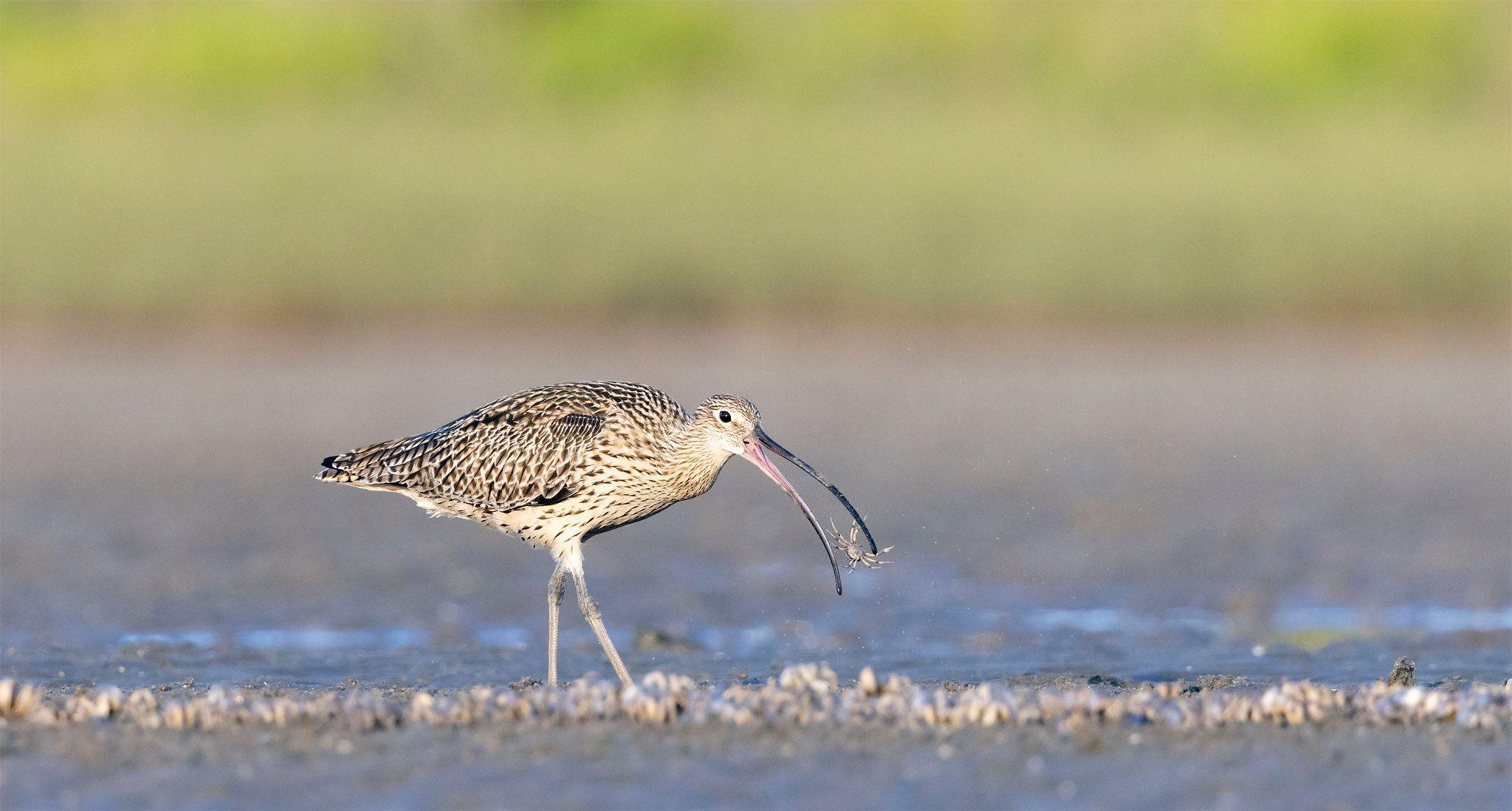
An eastern curlew (Numenius madagascariensis) feeding on the shore. Image: Patrick Kavanagh, CC BY 2.0 DEED via Flickr
Approval of this development by the Federal and Northern Territory Governments shows that Australia’s environmental protection and planning laws are not working.
Environment Minister Tanya Plibersek committed to preventing new extinctions of plants and animals and to protecting and conserving at least 30% of Australia’s land mass. This development is a backward step on both of those commitments and shows that the Federal Government is not yet following through on promises to better protect the environment.
The site is of very high cultural significance to Larrakia people who managed the area sustainably for tens of thousands of years. They were not adequately consulted about the development. Australia’s planning processes need to recognise First Peoples as the rights holders on their Country and ensure their inclusion in decision making.
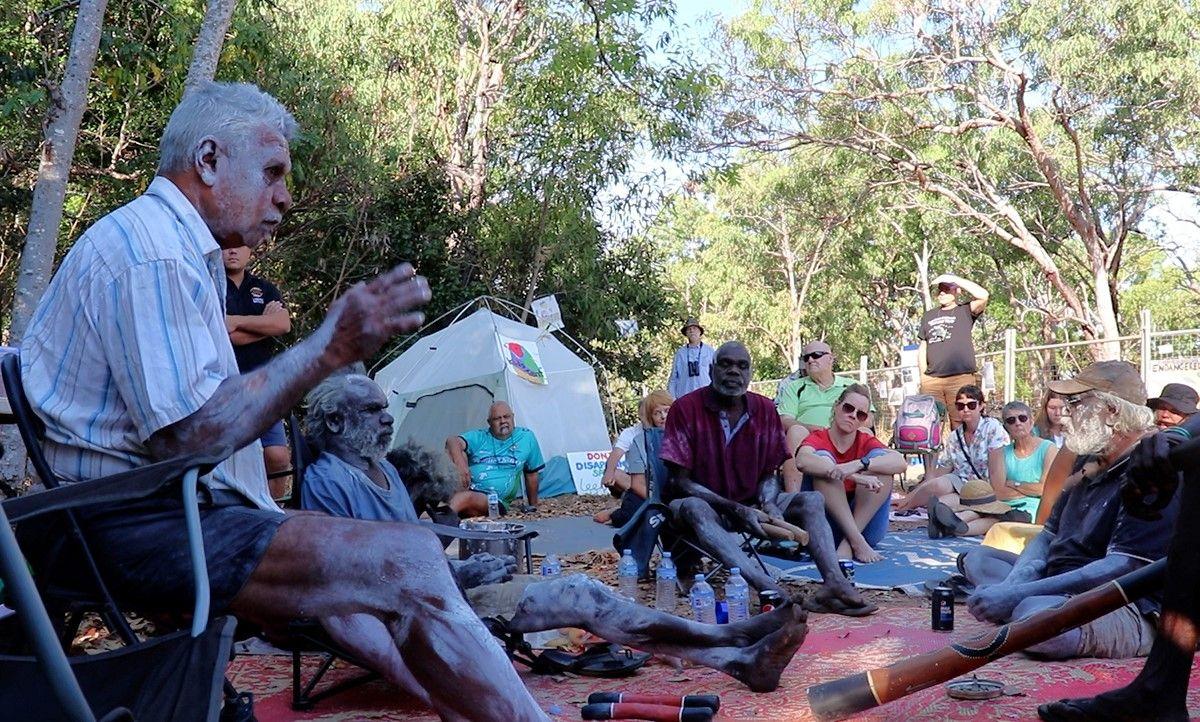
Australia’s planning processes need to recognise First Peoples as the rights holders on their Country and ensure their inclusion in decision making.
Larrakia Nation has withdrawn an earlier letter of support for the project saying that full and appropriate consultation was not completed as purported by the authorities. And that prominent elders have raised concerns regarding the project, identifying significant areas of Cultural Heritage on the site.
Eric Fejo is one of those Elders and a Custodian of all Larrakia Country, the eldest son of an eldest son, with authority passed down publicly to him from his father in 1995 at Buccamunijin.
He says we need the Cultural Heritage of the Country at Lee Point to be recognised, including the savanna, birds, wildlife, plants and ecosystem. It is all culturally significant.
“This land was our ‘shop’ nurturing our ancestors for millennia with Bush Tucker and freshwater springs and deep connections with the flora and fauna," Eric Fejo said.
“This land is still just as important for Larrakia People today, to learn our history and to connect with country, hunt and collect bush tucker. It is the last pristine Larrakia Country close to Darwin."
“The history of our ancestors is written across our whole continent.
“History tells us that the most effective way to destroy and obliterate a people is to deny them their own understanding of their own history." Eric Fejo
On ABC News Larrakia Nation Chairperson Jerome Cubillo offered for Larrakia Nation to work with governments to identify alternative sites for the development.
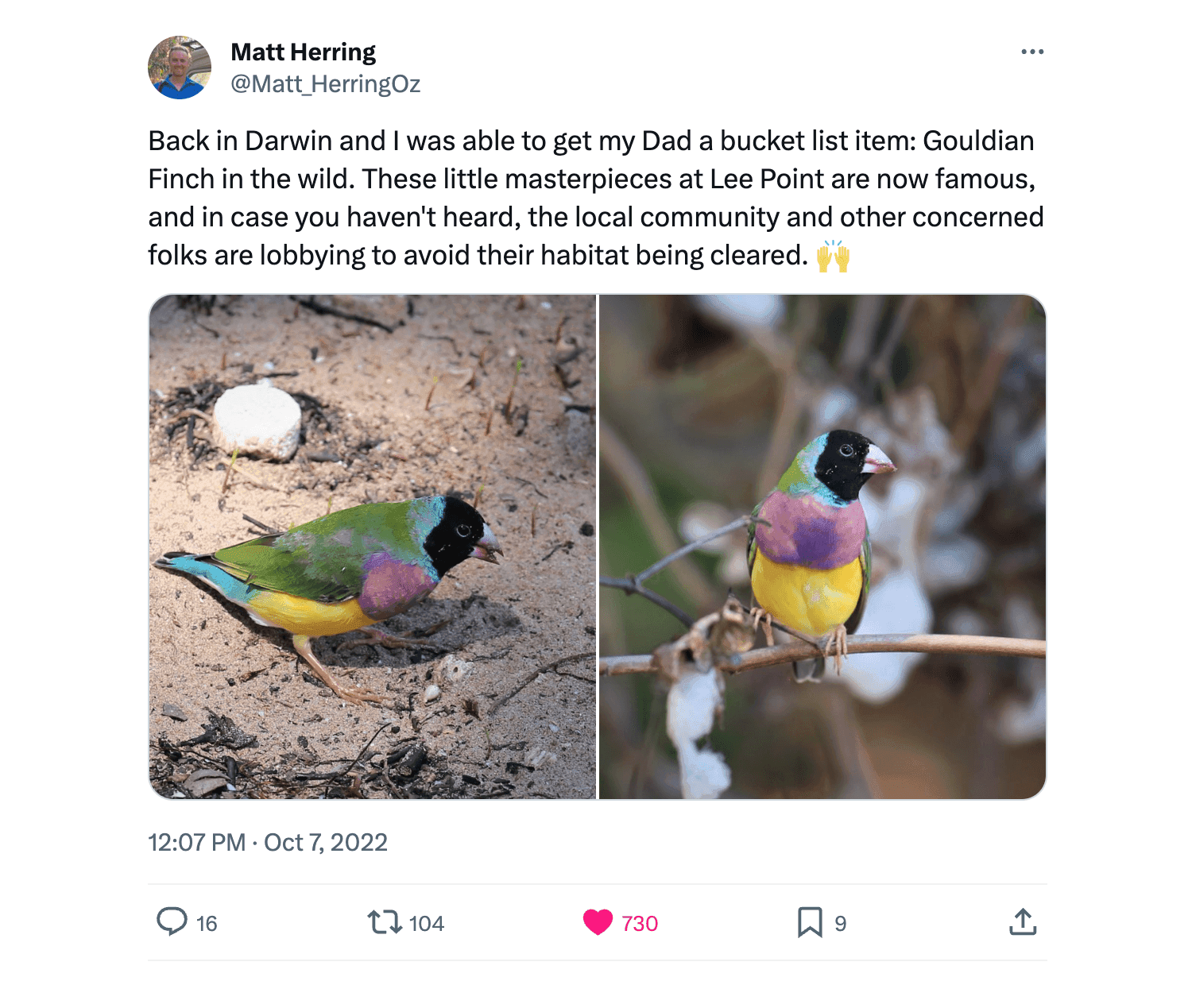
Matt Herring's tweet
Binybara is a site of high ecological value on the doorstep of Darwin. Instead of bulldozing it, we should celebrate and protect it as a natural asset for the community. It is impossible to recreate these places when they are gone.
Spending time in nature is really beneficial for people’s physical health and well-being. Along with many other bird species, this is also the only place near any Australian city where you can see a Gouldian finch - one of the world’s most beautiful birds and an important part of Australia’s natural heritage.
A survey by the Biodiversity Council found that people in Darwin highly value nature. This development will contribute to the on-going erosion of the natural values that attract many people to live in Darwin.
The development was approved under an offset arrangement, in which the developer is expected to make up for the harm to the site’s threatened species elsewhere, but there is no plan for how this will be done or evidence that this could be done successfully.
The ongoing clearing and development of threatened species habitat under offset arrangements is leading to the continuous loss and degradation of irreplaceable habitats across Australia.



